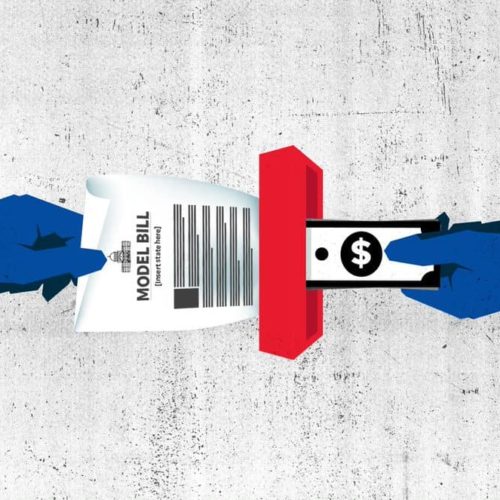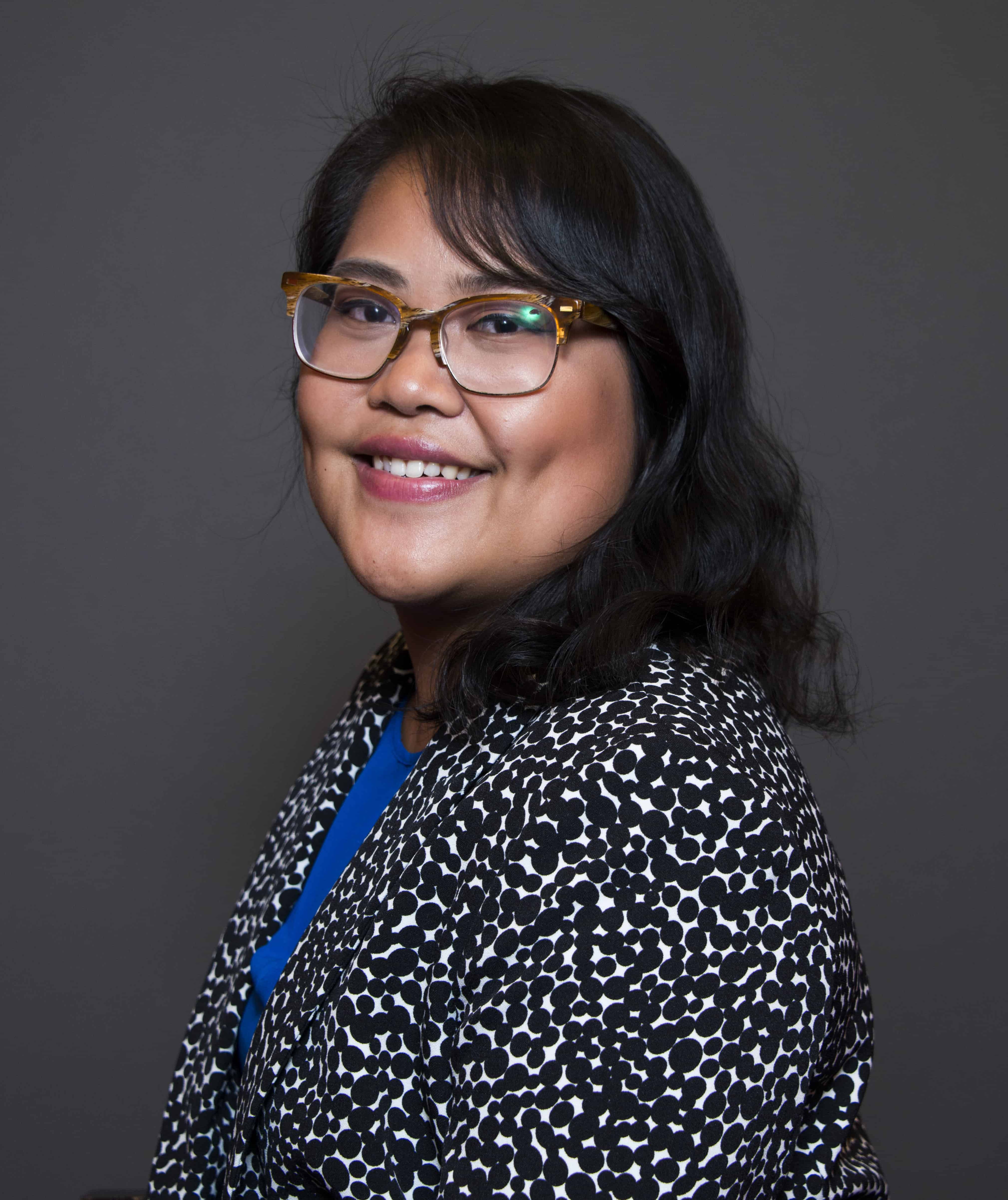Introduction
We’re continuing our Q&A series on journalists who published powerful stories. We’re featuring Rob O’Dell of the Arizona Republic and USA Today. We partnered with them on our Copy, Paste, Legislate series and to help launch our model legislation tracker tool. (Thanks to our news developer Pratheek Rebala for working so hard on it!) O’Dell talked to us about what it was like looking through the bills and how he determined which ones were copycat legislation.
How did you get the story?
After banging my head against the wall for months, I was able to create an algorithm that compared strings of text that were common in the models and determine where they were used in bills put forward by politicians across the country. I created a scoring system that ranked bills on how many strings were copied from model bills and how long the strings of text that were copied were.
After refining the system, we found more than 10,000 pieces of legislation that was substantially copied from model legislation and more than 2,100 of those bills were passed into law. We found these copycat bills amounted to the nation’s largest unreported special-interest campaign, driving agendas in every statehouse and touching nearly every area of public policy: from guns, abortion and environmental rules to making it harder to sue corporations.
What were the challenges of reporting?
I was particularly struck by some of the legislation that allowed stacked the deck against regular people when they are harmed by corporations. One of the examples I focused on along with Nick Penzenstadler of USA Today Network was a series of bills that made it harder for people dying of mesothelioma — a rare form of cancer caused by asbestos exposure — to sue corporations who may have been responsible for their illness.
The bills sounded like good government bills that voters expect politicians to hammer out on their behalf, but the bills were actually written by the American Legislative Exchange Council — one of the biggest and most famous model bill factories. And the “neutral” subject matter expert who state lawmakers called in to testify about the bill was often a committee member at ALEC. We also examined the politicians who were the most prominent users of model legislation, including a legislator from the Philadelphia suburbs who didn’t know he had sponsored more than 70 model bills until we told him. It was difficult to contact people and research issues across dozens of state but we got a lot of help from more than 30 editors and reporters across the USA Today Network in the effort.
Takeaway: Building these tools takes a lot of brain power and collaboration.


Join the conversation
Show Comments